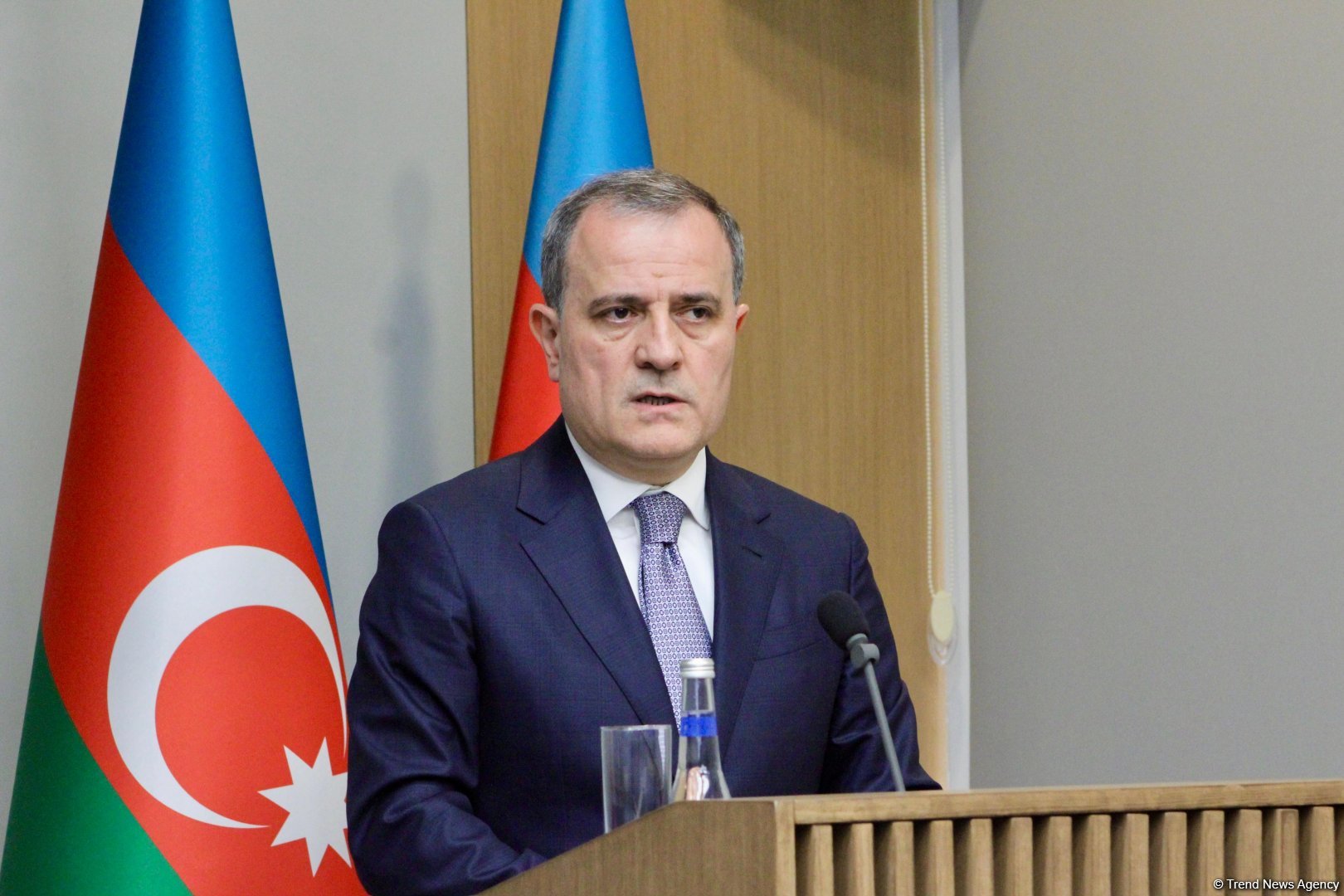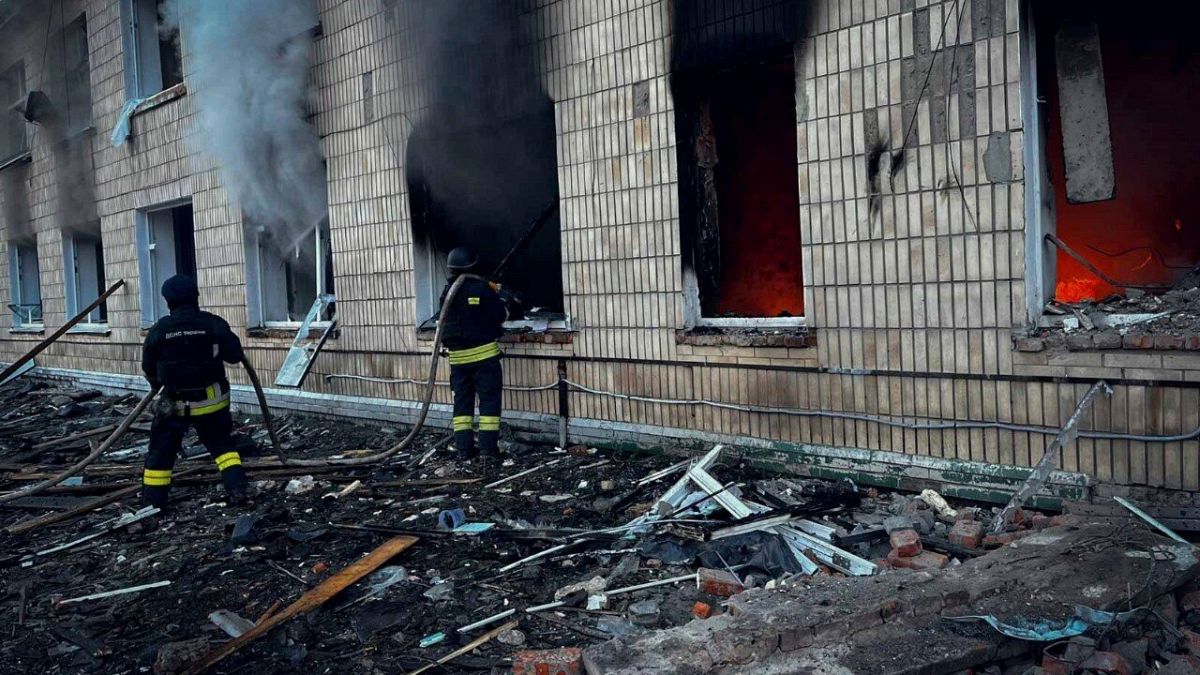Key points of the chapter dedicated to Spain in the 2025 report on the Rule of Law in the EU

Strasbourg – The sixth edition of the annual report on the Rule of Law, which reviews the situation in each country of the European Union, criticizes Spain for not having started to work on a national anti-corruption strategy and notes that the Constitutional Court has endorsed the amnesty law.
The report highlights progress in the renewal of the General Council of the Judiciary (CGPJ) and calls for continued work on the statute of the Attorney General.
In general, this year’s report confirms a “positive trajectory” in many member states, as significant reforms have been promoted in the four key areas it covers: justice, the fight against corruption, freedom of the press, and institutional checks and balances, the European Commission emphasized.
Brussels highlighted that member states have fully or partially complied with a substantial part of the 2024 recommendations.
These are the key points of the chapter on Spain:
Anti-corruption framework
The report cites a Eurobarometer from this month indicating that 40% of the surveyed Spanish companies (25% of European ones) believe that corruption “has prevented them from winning a public tender or a public contract in the last three years,” almost double the 21% who stated this last year.
The main complaints, the report says, are “alleged irregularities in the awarding of contracts,” followed by “alleged corrupt practices and claims related to contract execution.”
Brussels particularly criticizes that Spain has not started to work on a national anti-corruption strategy originally planned for 2024, although it acknowledges that the country has made some progress in combating high-level corruption by reducing the duration of these investigations.
On the other hand, it indicates that “public procurement, political party financing, infrastructure projects, and public service contracts are key sectors at high risk of corruption.”
The report calls for “intensifying efforts to address challenges related to the duration of investigations and judicial processes, to increase efficiency in managing high-level corruption cases, including completing the reform of the Criminal Procedure Code.”
Another recommendation to Spain is to “promote the legislative process to strengthen rules on conflicts of interest and asset declarations of individuals in high executive positions, including further strengthening the independence and sanctioning power of the Office of Conflicts of Interest.”
Amnesty law
The European Commission notes that the Constitutional Court has endorsed the amnesty law and simultaneously reminds that the Court of Justice of the European Union (CJEU) must rule on the regulation after hearings scheduled for next Tuesday in Luxembourg.
“The Constitutional Court has declared that the amnesty law is compatible with the Constitution, and four preliminary questions have been submitted to the Court of Justice of the European Union,” the community executive highlighted in the annual report on the Rule of Law in the European Union.
Brussels recalled that in the context of those processes before European justice, it has analyzed the regulation based on community law, in a report in which it stated that the law “seems to constitute a self-amnesty,” although it assured that “there does not seem to be a sufficient connection link” between the procés and the financial interests of the EU.
In the document on the state of the Rule of Law in Spain, consisting of 27 pages, Brussels dedicated a paragraph to the amnesty law, highlighting that the regulation “has been the subject of great controversy,” as also pointed out by the Venice Commission, and that it has already been applied to more than 300 people.
Judicial system
The report includes data from a recent Eurobarometer explaining that the level of judicial independence perceived in Spain remains “low” among the general population and has increased to “medium” among businesses.
The report highlights that there have been advances in the recommendations made to Spain in the past regarding the renewal of the General Council of the Judiciary (CGPJ) and the Attorney General, and encourages continuing those efforts.
On the one hand, regarding the figure of the Attorney General, it recommends that Spain continue working to strengthen that position “particularly concerning the separation of its mandate from that of the Government, taking into account European standards on independence and autonomy of the Prosecutor’s Office.”
It also reflects on the situation of the Attorney General of the State, Álvaro García Ortiz, who “is undergoing judicial proceedings” as a judge of instruction from the Supreme Court “requested his prosecution” after being accused of “alleged leaking of confidential information related to a tax fraud case.”
The report also cites the protests of judges and prosecutors that “reflect the tensions surrounding the proposed reforms in the judiciary,” according to the community executive. (July 8)















































